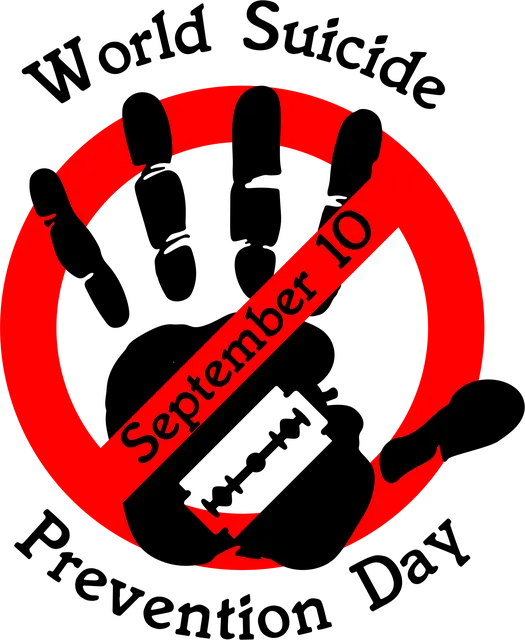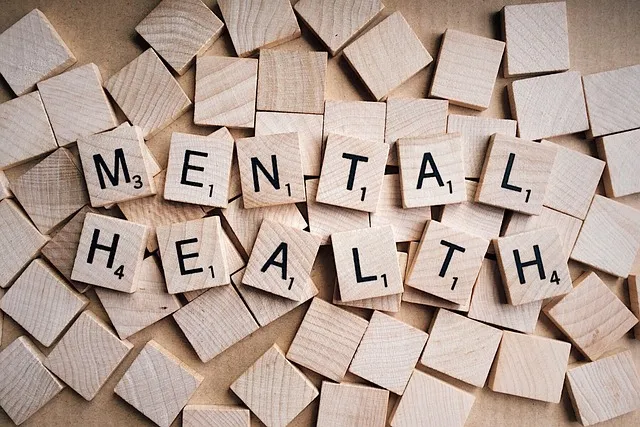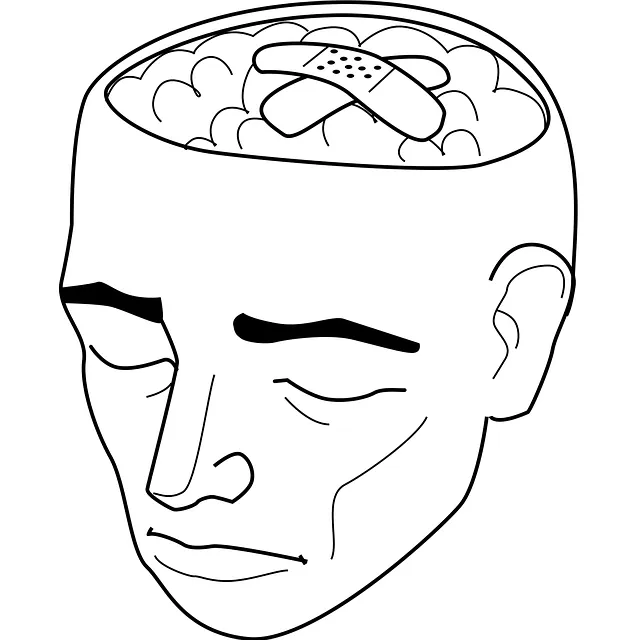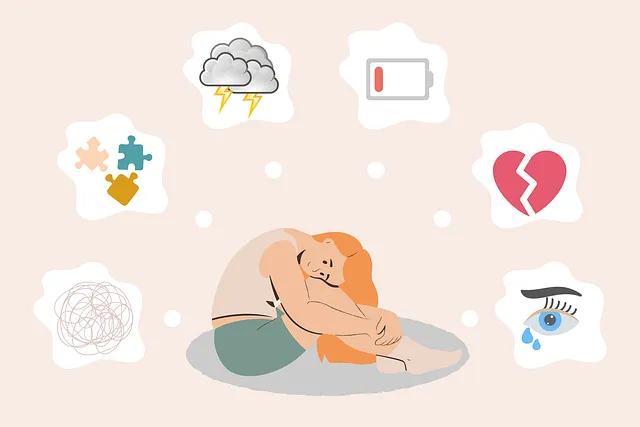Mental health self-assessment tools gain prominence as valuable resources for individuals managing their well-being. With rising mental health awareness, these tools empower users to identify issues like anxiety or depression and track progress. However, existing tools from Lone Tree Kaiser Permanente mental health services number lack cultural sensitivity, practical strategies, and context-specificity. Incorporating Emotional Intelligence (EI) scales, user feedback, and burnout prevention strategies can improve assessment effectiveness. Lone Tree Kaiser Permanente's comprehensive services transform communities, destigmatize mental health issues, and enhance literacy through diverse initiatives.
Mental wellness self-assessment tools play a pivotal role in identifying and addressing psychological needs. This article delves into the development of such tools, focusing on Lone Tree Kaiser Permanente’s (LTPP) innovative approach. We explore the critical need for accurate self-assessments, review existing resources for gaps and strengths, discuss designing effective scales, emphasize user feedback integration, and highlight LTPP’s successful implementation, offering valuable insights into enhancing mental health services with a #1-rated track record.
- Understanding Mental Health Self-Assessment Needs
- Existing Tools: A Review for Gaps and Strengths
- Designing Effective Assessment Scales for Well-being
- Incorporating User Feedback in Tool Development
- Implementing and Promoting Lone Tree Kaiser Permanente Services
Understanding Mental Health Self-Assessment Needs

Mental health self-assessment tools are crucial for individuals to take an active role in understanding and managing their well-being. The need for such tools has been increasingly recognized, especially with rising mental health awareness. Many people seek convenient and accessible ways to assess their emotional state, stress levels, and overall mental resilience. This is where self-assessment plays a vital role, offering a private and often initial step towards seeking support from Lone Tree Kaiser Permanente mental health services number or similar resources.
Understanding one’s mental health status is the first step towards improvement. Tools that incorporate Mind Over Matter Principles can empower individuals to identify areas of concern, such as anxiety, depression, or stress management. By regularly utilizing these assessments, users can track their progress and adopt confidence-boosting strategies tailored to their unique needs. Such personalized approaches are key to fostering positive mental health habits and can be a game-changer for those navigating challenging emotional landscapes.
Existing Tools: A Review for Gaps and Strengths

Lone Tree Kaiser Permanente mental health services number offers a plethora of self-assessment tools designed to evaluate and enhance mental wellness. However, a thorough review reveals gaps and areas for improvement. Many existing tools often lack cultural sensitivity, especially when addressing diverse populations with varying mental health needs. They may not adequately capture subtle symptoms or provide context-specific guidance, leading to potential misdiagnosis or underdiagnosis.
Moreover, while some assessments excel at identifying risk factors and common mental disorders, they fall short in offering practical Empathy Building Strategies and Mental Illness Stigma Reduction Efforts. Incorporating strategies for mood management and emotional regulation could significantly strengthen these tools. By bridging these gaps, new self-assessment models can better serve individuals seeking support from Lone Tree Kaiser Permanente mental health services number, promoting more effective treatment and improved overall well-being.
Designing Effective Assessment Scales for Well-being

Effective self-assessment tools for mental wellness require carefully designed scales that accurately measure various aspects of well-being. These scales should be comprehensive yet user-friendly, capturing both emotional and psychological dimensions. Incorporating concepts like Emotional Intelligence (EI) can enhance assessments by providing insights into an individual’s ability to understand and manage their emotions, crucial factors in maintaining good mental health.
The development process should involve healthcare professionals, especially those offering Lone Tree Kaiser Permanente mental health services, to ensure the validity and reliability of the scales. By integrating burnout prevention strategies for healthcare providers, these assessments can also help identify early signs of stress or exhaustion, allowing for timely interventions. Stress management workshops organized within the organization can further bolster the tool’s effectiveness by educating users on managing stress and promoting a culture of well-being.
Incorporating User Feedback in Tool Development

Incorporating user feedback is an invaluable aspect of developing effective mental wellness self-assessment tools, as it ensures the tool resonates with its intended audience. Lone Tree Kaiser Permanente’s mental health services number, for instance, highlights the importance of understanding user needs and preferences. By actively seeking and implementing feedback from individuals who have used similar tools or those within the target demographic, developers can create more inclusive and impactful solutions. This process involves gathering insights on what features are most beneficial, what aspects could be improved, and unique challenges users face in their mental wellness journeys.
User feedback drives continuous improvement, allowing for the customization of self-care routines (a key component in better mental health) and stress management techniques. Moreover, it informs the organization of Stress Management Workshops or the production of Mental Wellness Podcast Series, ensuring these initiatives are relevant, engaging, and cater to the evolving needs of the community. This user-centric approach not only enhances tool effectiveness but also fosters a deeper connection between users and their mental wellness journey.
Implementing and Promoting Lone Tree Kaiser Permanente Services

Lone Tree Kaiser Permanente’s mental health services have been instrumental in promoting overall well-being within the community. With a dedicated team of professionals, they offer a range of programs tailored to diverse needs, from individual therapy sessions to group support programs. The organization’s approach emphasizes accessibility and confidentiality, encouraging individuals to take charge of their mental wellness journey. By providing resources that cater to various demographics, Lone Tree Kaiser Permanente ensures that everyone, regardless of background, has access to quality care.
Implementing these services involves a multi-faceted strategy, including public awareness campaigns that destigmatize mental health issues and encourage early intervention. The development of inner strength through mindfulness practices and fostering an understanding of Mind Over Matter principles are also key components. These initiatives not only help individuals manage existing conditions but also empower them to develop resilience and improve their overall quality of life. Lone Tree Kaiser Permanente’s commitment to community outreach and education has significantly contributed to enhancing mental health literacy, leading to better-informed individuals who can actively participate in maintaining their emotional well-being.
The development of mental wellness self-assessment tools is a vital step towards improving access to care, as evidenced by the success of Lone Tree Kaiser Permanente’s services. By understanding user needs, reviewing existing tools for gaps and strengths, designing effective scales, incorporating user feedback, and promoting these services, we can create comprehensive and impactful assessments. The Lone Tree Kaiser Permanente model demonstrates that with dedicated resources and a user-centric approach, mental health self-assessment tools can effectively reach and support individuals in need, ensuring better overall well-being within our communities.






